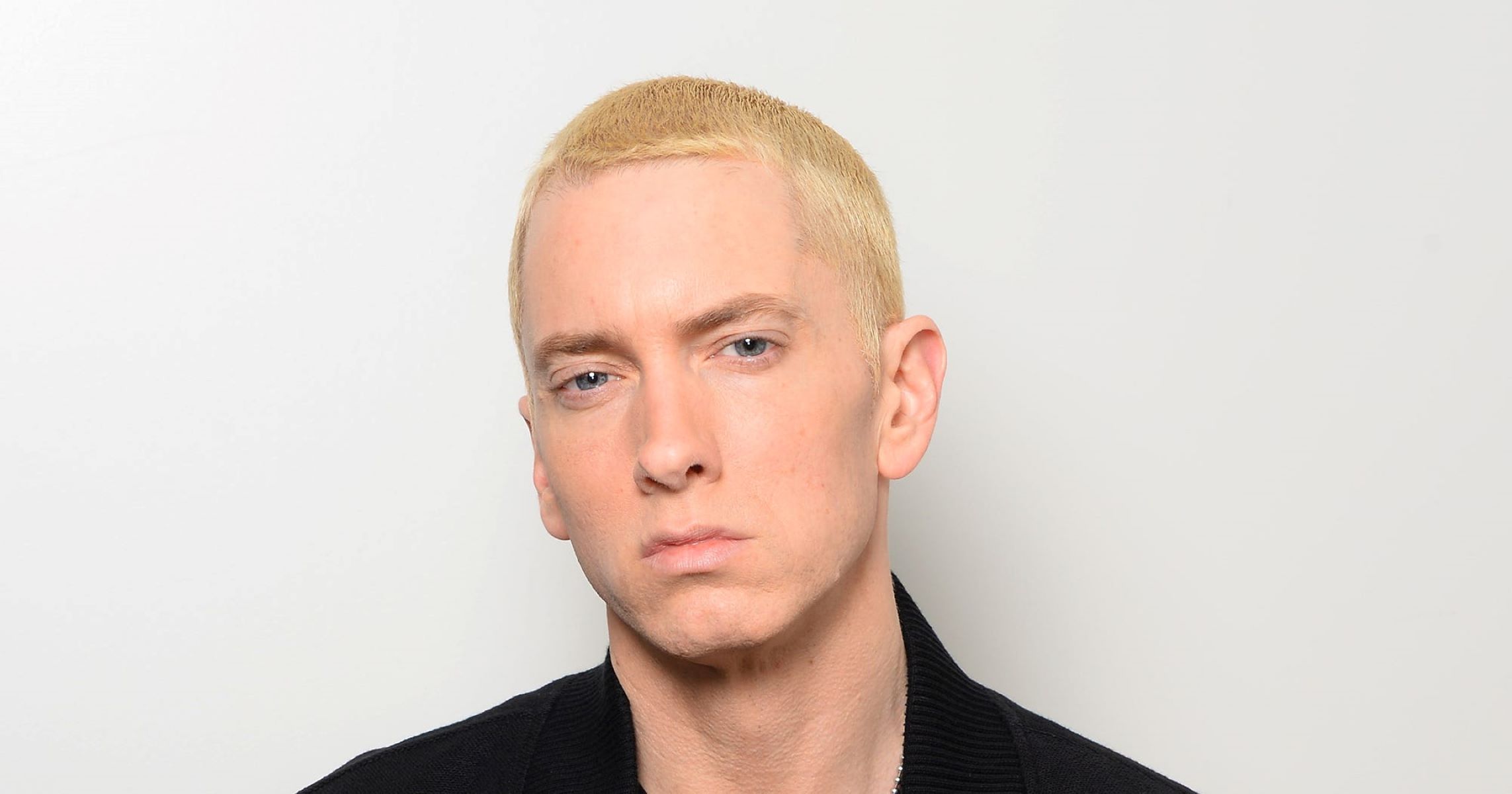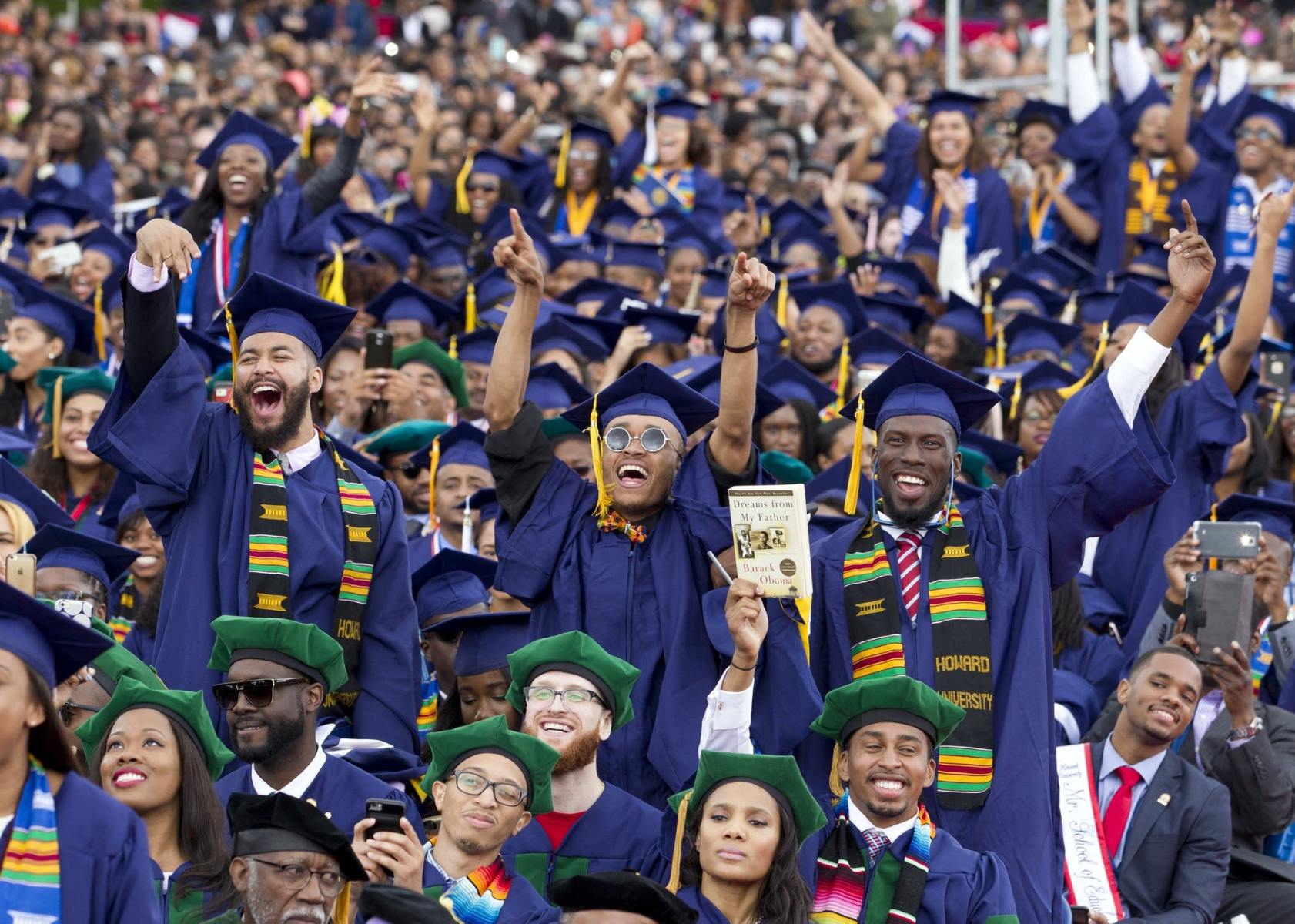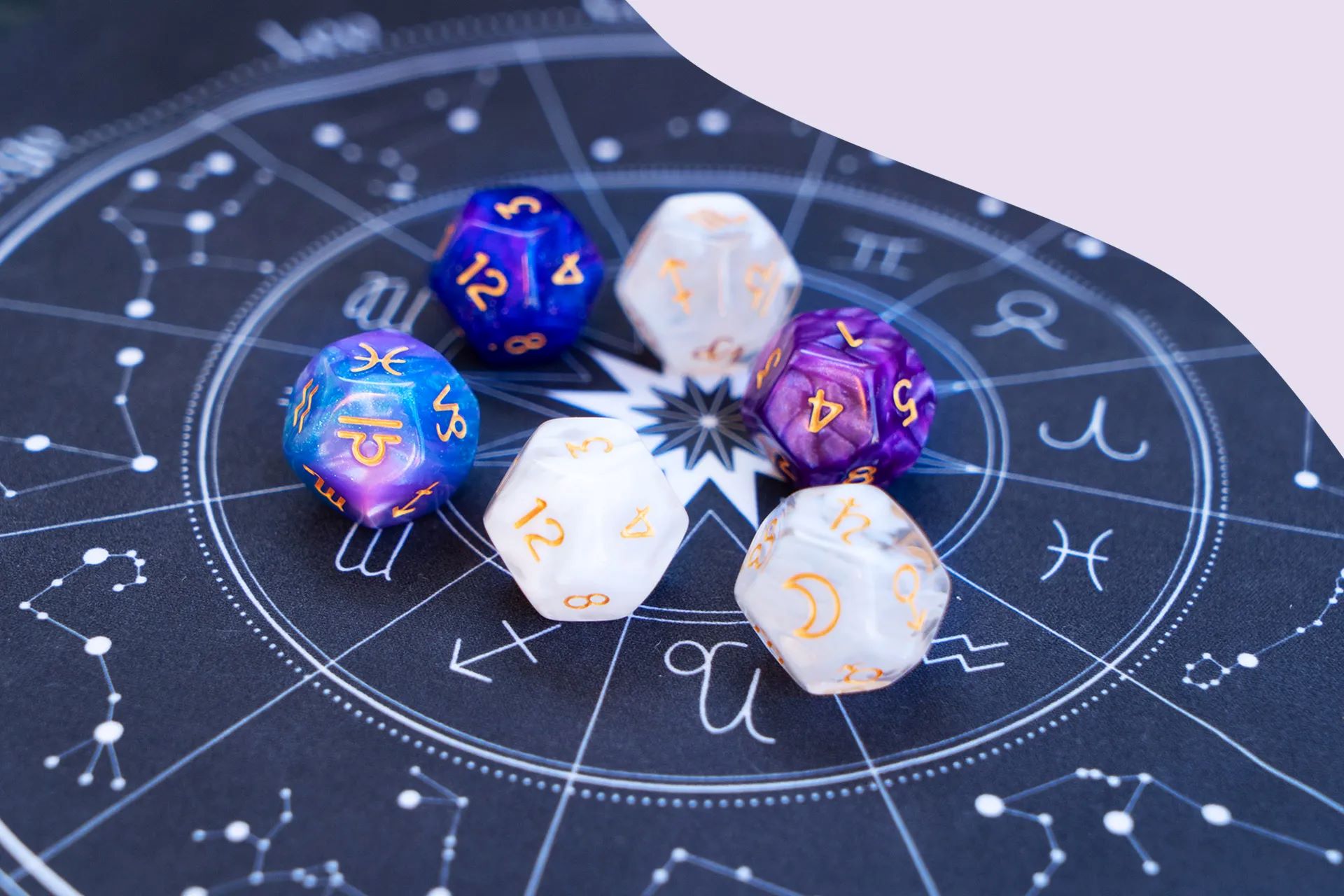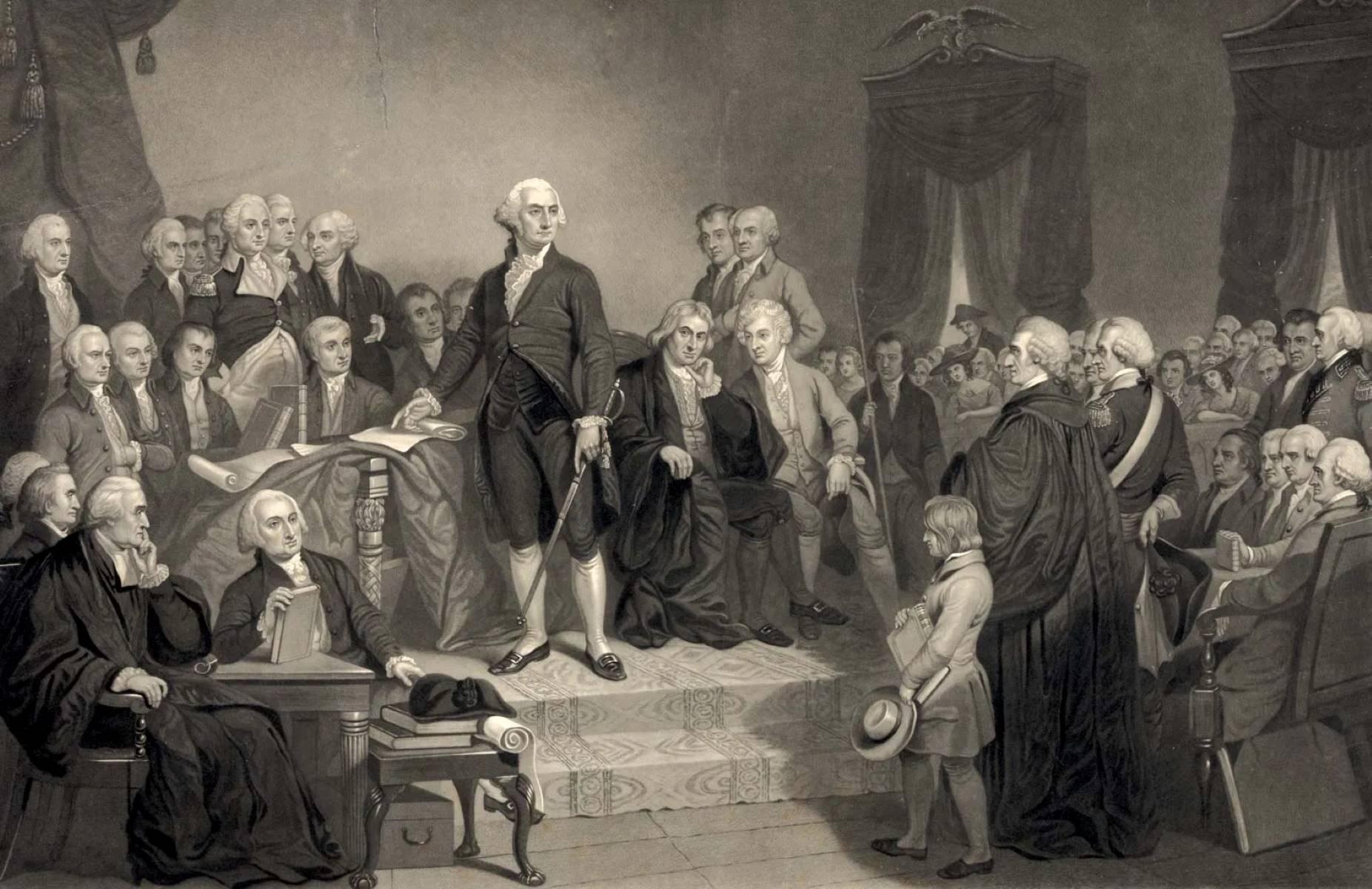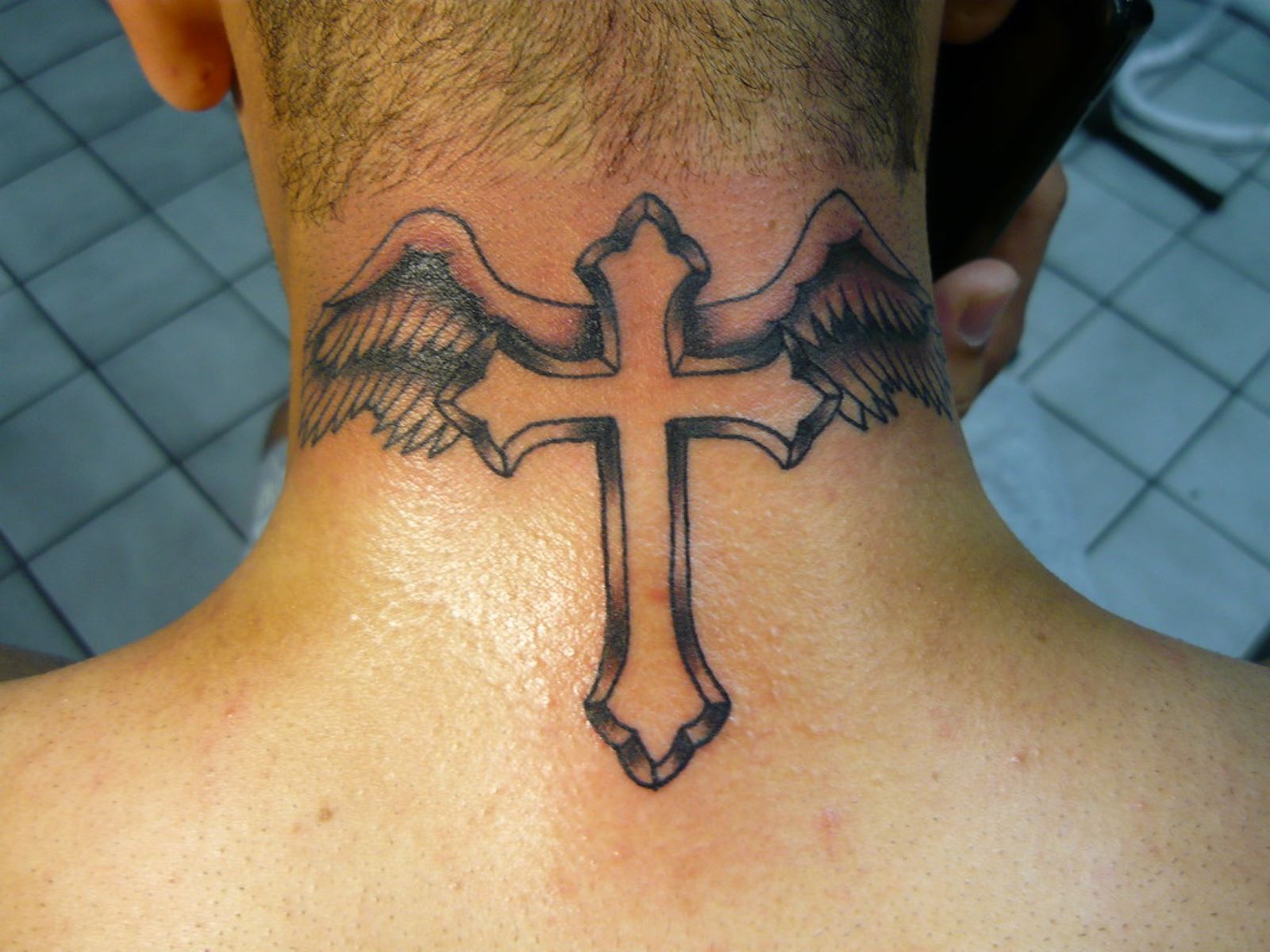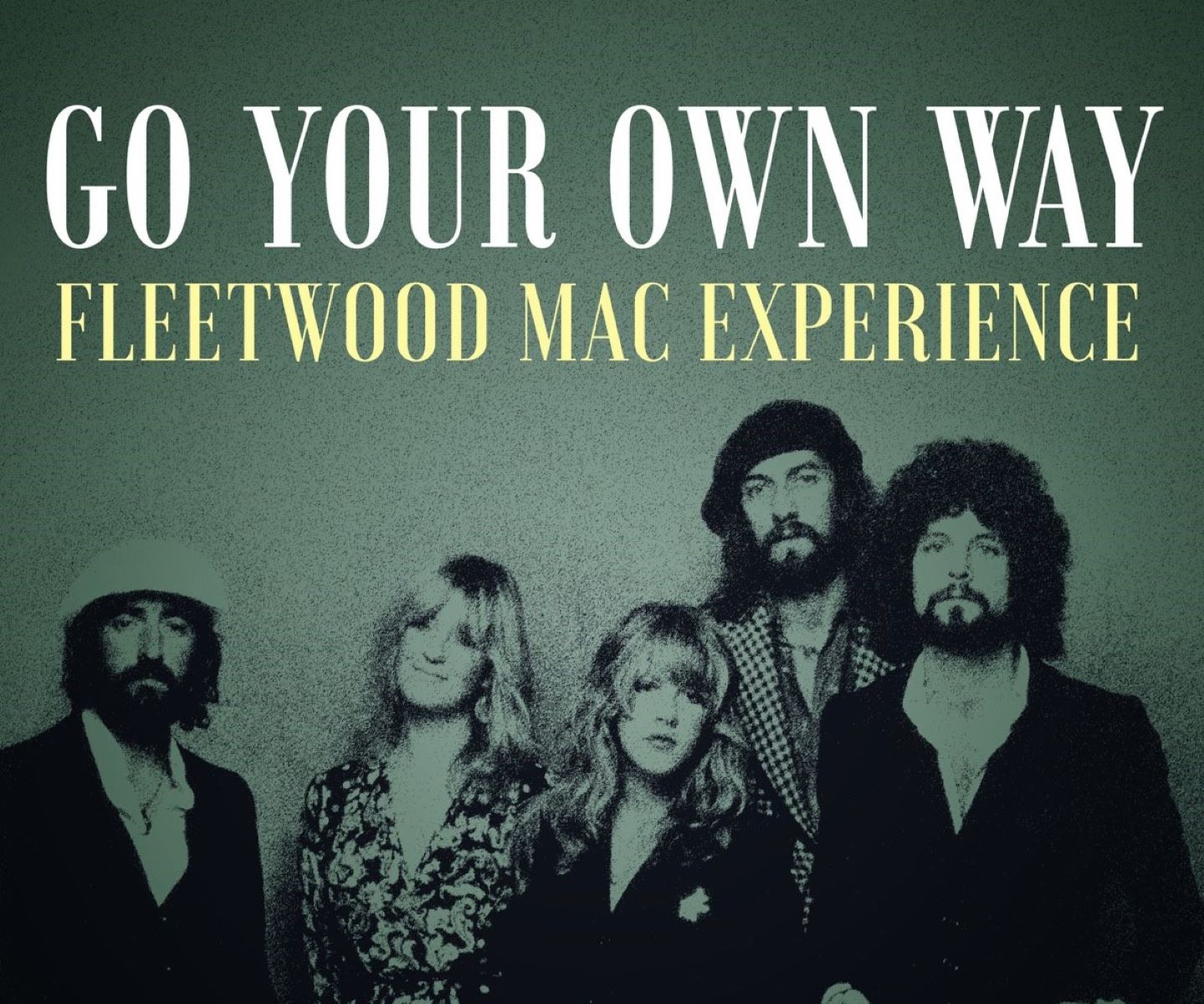Home>Entertainment>The Luminous Journey: Traversing the History of French Cinema
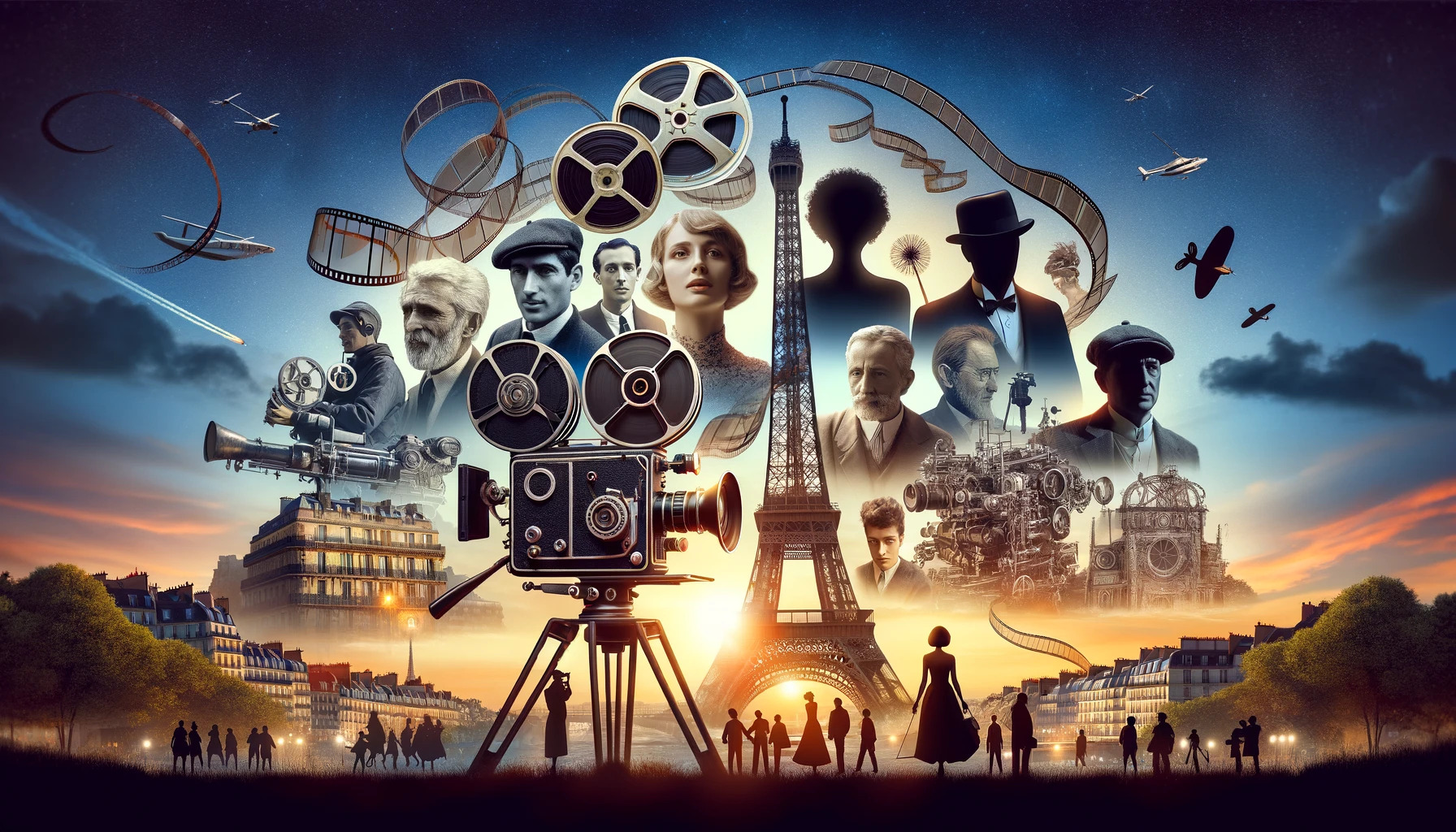
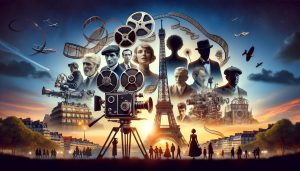
Entertainment
The Luminous Journey: Traversing the History of French Cinema
Published: February 26, 2024
Explore the rich history of French cinema, from the Lumière brothers to the New Wave, and discover the key figures who shaped its legacy.
(Many of the links in this article redirect to a specific reviewed product. Your purchase of these products through affiliate links helps to generate commission for Regretless.com, at no extra cost. Learn more)
Table of Contents
- The Dawn of Cinema: Lumière Brothers and Méliès
- The Golden Age: Poetic Realism and the Advent of Sound
- Post-War Renaissance: The French New Wave
- Modern Marvels: Diversity and Digital Revolution
- The Festival Circuit: Cannes and Beyond
- Key Figures: Pioneers and Modern Maestros
- Conclusion: A Legacy Unfolding
French cinema, with its profound narratives, avant-garde techniques, and emblematic figures, has etched an indelible mark on the global film landscape. From the whimsical frames of the Lumière brothers to the rebellious spirit of the French New Wave, the evolution of French cinema is a testament to its resilience, innovation, and unparalleled artistic vision. This journey through the corridors of French film history not only celebrates its artistic triumphs but also illuminates the cultural zeitgeist that influenced each era.
The Dawn of Cinema: Lumière Brothers and Méliès
The genesis of French cinema is often traced back to the enchanting Lumière brothers, Auguste and Louis, whose invention of the Cinématographe in 1895 birthed the magic of moving pictures. Their seminal work, “La Sortie de l’Usine Lumière à Lyon” (Workers Leaving the Lumière Factory), became the cornerstone of cinematic realism. However, it was Georges Méliès, a figure of boundless creativity, who introduced the world to the narrative potential of film with his groundbreaking “Le Voyage dans la Lune” (A Trip to the Moon) in 1902, weaving special effects and storytelling into a tapestry of fantasy.
The Golden Age: Poetic Realism and the Advent of Sound
The transition to sound films in the late 1920s and early 1930s heralded a new era for French cinema, marked by the poetic realism of directors like Jean Renoir and Marcel Carné. Films such as “La Grande Illusion” (1937) and “Le Jour se Lève” (1939) mirrored the social realities and existential angst of the times, enveloped in visually stunning narratives. This era laid the groundwork for French cinema’s thematic depth and its penchant for exploring the human condition.
Post-War Renaissance: The French New Wave
The post-war era witnessed the birth of the French New Wave (“La Nouvelle Vague”), a cinematic revolution spearheaded by critics-turned-directors from the Cahiers du Cinéma, including Jean-Luc Godard, François Truffaut, and Agnès Varda. Rebelling against the conventional filmmaking norms, they championed on-location shooting, natural lighting, and improvised dialogue, crafting stories that resonated with the youth’s disillusionment. Films like “À bout de souffle” (Breathless) and “Les Quatre Cents Coups” (The 400 Blows) became emblematic of this movement’s innovative spirit and its quest to redefine cinema.
Modern Marvels: Diversity and Digital Revolution
The latter part of the 20th century and the dawn of the 21st have seen French cinema diversify into a myriad of genres, from the psychological thrillers of Claude Chabrol to the heartfelt human dramas of Olivier Nakache and Éric Toledano’s “Intouchables” (2011). The digital revolution further democratized filmmaking, with directors like Jean-Pierre Jeunet utilizing technology to create visually arresting films like “Amélie” (2001). Meanwhile, the rise of streaming platforms has introduced cinephiles to the top safe and legit alternatives to MyFlixer for online film and web series streaming, broadening the accessibility of French cinema.
The Festival Circuit: Cannes and Beyond
The French film festival circuit, with the Cannes Film Festival at its heart, continues to be a pivotal showcase for both the country’s and the world’s cinematic achievements. The perks of snagging presale tickets to these festivals not only include the prestige of early access but also the opportunity to witness the unveiling of films that might later contend in the Oscar vs Golden Globe debates, highlighting the global influence of French cinema.
Read more: French Equivalent Of “It Is What It Is”
Key Figures: Pioneers and Modern Maestros
French cinema owes its legacy to the visionaries who crafted its narrative and aesthetic paradigms. Directors like François Truffaut and Jean-Luc Godard challenged and redefined cinematic norms, while contemporary filmmakers like Claire Denis and Leos Carax continue to push boundaries. Actors such as Jean-Paul Belmondo and Catherine Deneuve became the faces of French cinema’s golden eras, with talents like Marion Cotillard and Vincent Cassel carrying the torch into the new millennium.
Conclusion: A Legacy Unfolding
The history of French cinema is a chronicle of artistic evolution, marked by moments of brilliance, periods of reflection, and ceaseless innovation. It stands as a beacon of cultural expression, embodying the spirit of an ever-changing society. As we delve into its storied past, we not only uncover the roots of cinematic artistry but also foresee the endless possibilities that the future of French film holds. In the tapestry of global cinema, French cinema remains a vibrant thread, woven with the dreams, visions, and voices of its creators, inviting audiences to embark on journeys of imagination, emotion, and thought.
This exploration through the ages of French cinema reveals not just a history of film, but a reflection of humanity itself, captured through the lens of some of the most visionary artists the world has ever seen. As the lights dim and the screens light up, the legacy of French cinema continues to enchant, challenge, and inspire, promising that the story of this magnificent journey is far from over.
